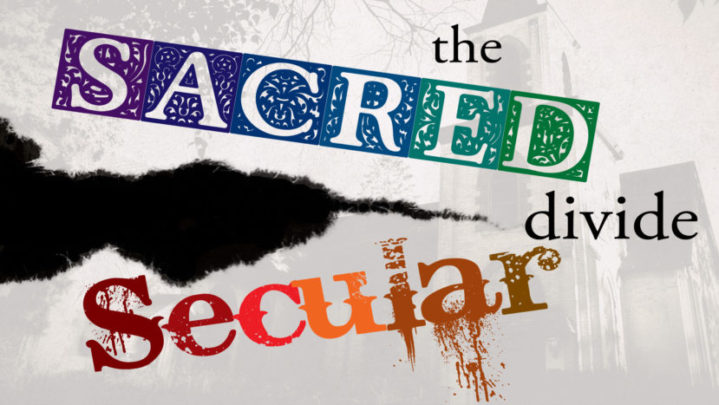To be secular means to live one’s life outside the church, mosque, synagogue, ashram, or temple walls; to find community elsewhere, to celebrate elsewhere, and to raise one’s children in non-religious settings. To be secular means that one grounds his or her ethics based on his or her own inner moral compass, one’s conscience, and strives to treat other people the way she or he wishes to be treated him/herself. No God is required for such morality but just human empathy.
To be secular means a whole lot more; just as religious people differ on their own understandings of what it means to be religious, the same holds true for secular people. And as the number of secular people continues to grow worldwide, so too does the diversity and complexity of just what secularity entails.
Recognizing that both the number of humans who identify as non-religious is on the rise and that this phenomenon is generating a plethora of different identities, meanings, and experiences when it comes to irreligiosity. How men and women live their lives, endure trying times, find a sense of meaning and purpose, create community, experience awe, and transcendence, deal with death, raise their kids, etc., all without religious faith or involvement.
At times the writings will be quite personal and difficult to understand. At other times they will be based on scientific findings within the realms of sociology, anthropology, and psychology. At other times, philosophy will be brought forth.
But ultimately, the goal will be simple: to shed light on secular living, a noble and enriching way of life. Or at least, if nothing more, one that is based in reality.
Also Read: How can you make a change in bringing peace to the world





